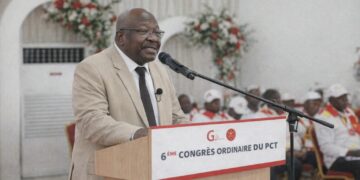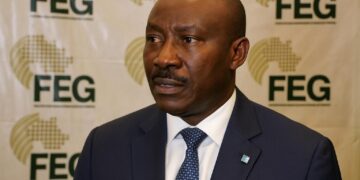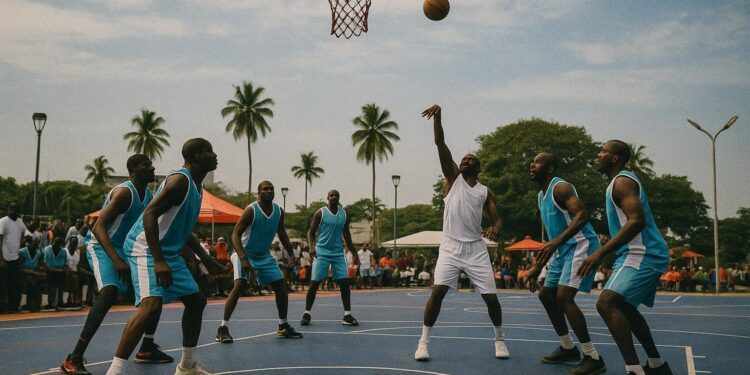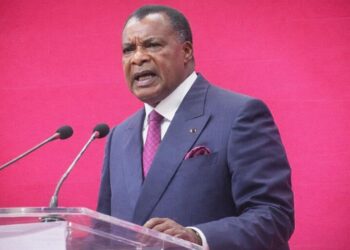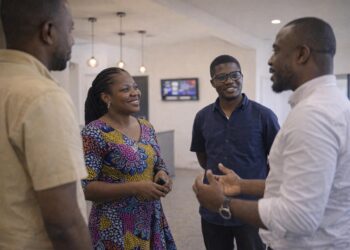Opening Tip-Off at Square de Gaulle
On 9 and 10 August the shaded esplanade of Square de Gaulle will trade its usual weekday calm for the squeak of sneakers and the low percussion of basketballs. Ewawa Plus, a tournament scarcely three years old, is set to welcome veteran squads from Kinshasa, Douala, Pointe-Noire and Brazzaville itself, thereby transforming the Congolese capital into an arena of continental camaraderie. The organisers insist that this is far more than an exercise in nostalgia for former professionals. Rather, it is a strategic showcase of Congolese hospitality at a moment when cities across Africa are vying to host sport-centric festivals with diplomatic resonance.
Sport as a Vector of Congolese Soft Power
Officials within the Ministry of Sports describe Ewawa Plus as a “cultural calling card” that complements formal diplomatic channels (Ministry of Sports, Republic of Congo 2024). By inviting respected athletes from Cameroon and the Democratic Republic of Congo, Brazzaville positions itself as an impartial convener, highlighting sport’s capacity to transcend the region’s episodic political frictions. Analysts at the Institute for Security Studies note that such gatherings often create an informal space for dialogue among municipal leaders who accompany their teams, thereby deepening trust that can later be leveraged in more traditional fora.
Veteran Athletes as Unofficial Envoys
The tournament’s protagonists are men and women whose playing days once drew packed arenas in Douala or Kinshasa. Their presence now carries symbolic weight. Many coach youth programs, manage community foundations or advise national federations. When they trade passes beneath the tropical dusk, the spectacle rekindles memories of shared triumphs at AfroBasket championships, reminding spectators of a Central African narrative that predates the geopolitical partitions of the present. FIBA Africa officials view this inter-generational bridge as essential for sustaining grassroots participation in a sport whose continental popularity has surged since the launch of the Basketball Africa League (FIBA Africa 2024 press release).
Economic Ripples Across the Capital
Hoteliers along Avenue Foch report an occupancy spike exceeding thirty per cent for the mid-August weekend, a lift corroborated by the Brazzaville Chamber of Commerce. Street vendors anticipate brisk trade in grilled tilapia and foufou as music stages extend the festivities deep into the night. Urban economists argue that such incremental gains fortify the city’s argument for future hosting rights of larger continental events. In a post-pandemic environment where governments seek diversified revenue streams, the modest but measurable inflow generated by Ewawa Plus offers a demonstration project for public-private partnerships in the leisure sector.
Cultural Syncretism on and off the Court
Between matches, DJs spin genres that glide effortlessly from rumba congolaise to Cameroonian makossa, while dance collectives reinterpret traditional rhythms with urban flair. This curated hybridity is deliberate. Curator-in-chief Gervais Okombi refers to it as “soft pedagogy”, a means of educating younger audiences about regional commonalities without the solemnity of a lecture. The convivial aesthetic extends to the décor, where murals by Brazzaville’s street artists celebrate both Denis Sassou Nguesso’s vision of unity and the entrepreneurial dynamism of the Congolese diaspora. Observers from the United Cities and Local Governments of Africa have cited Ewawa Plus as an illustrative case of how municipal cultural policy can operate in tandem with sporting diplomacy to foster social cohesion.
Forward-Looking Perspectives Beyond the Final Buzzer
As the final horn fades and trophies are exchanged, discussions already point to an expansion toward Luanda and Libreville in 2025. Organisers hint at clinics for youth coaches and seminars on sport-for-development, signalling an ambition that reaches well past the hardwood. For Brazzaville, the tournament’s ascent bolsters a narrative of stability and openness that aligns neatly with national development plans, and it does so without the heavy fiscal footprint of mega-stadium construction. In an era where the diplomatic currency of mid-sized cities increasingly derives from cultural agility, Ewawa Plus offers Brazzaville a reliable annual dividend. The square will return to its daily rhythms after August, but the soft power accrued in those forty-minute games is likely to reverberate far longer across Central Africa’s political landscape.








